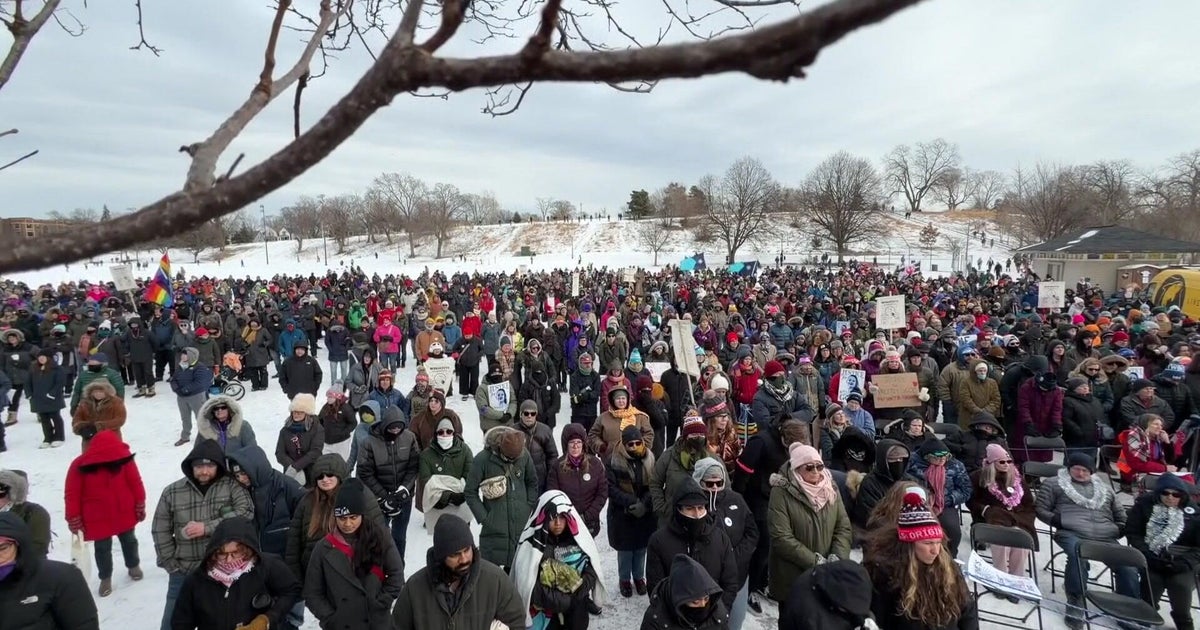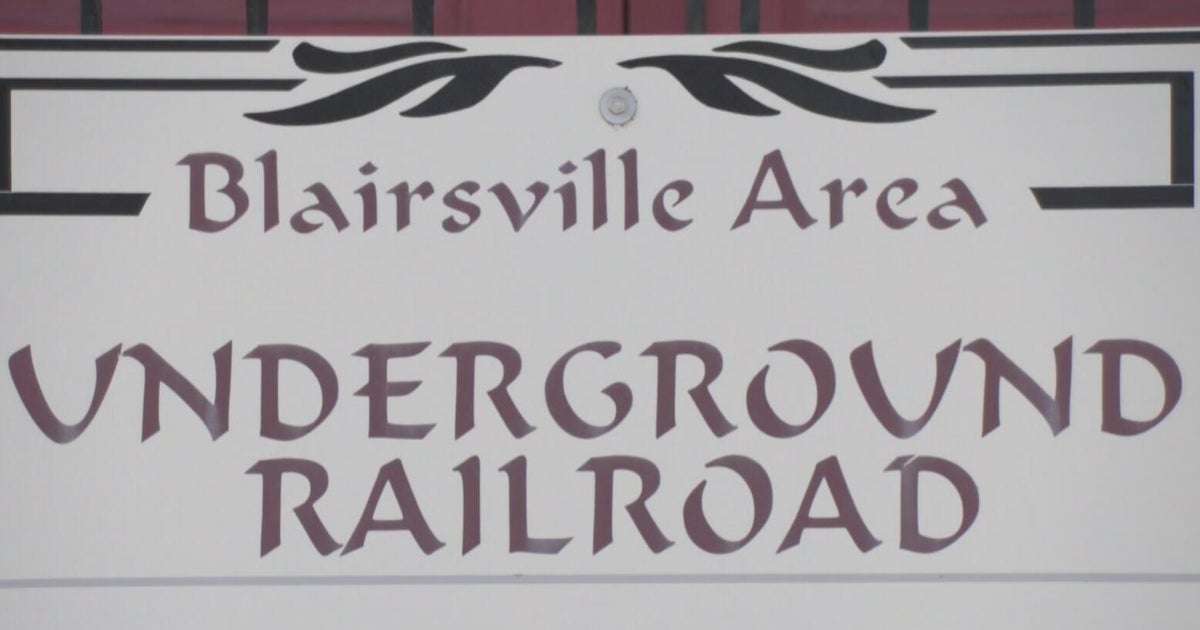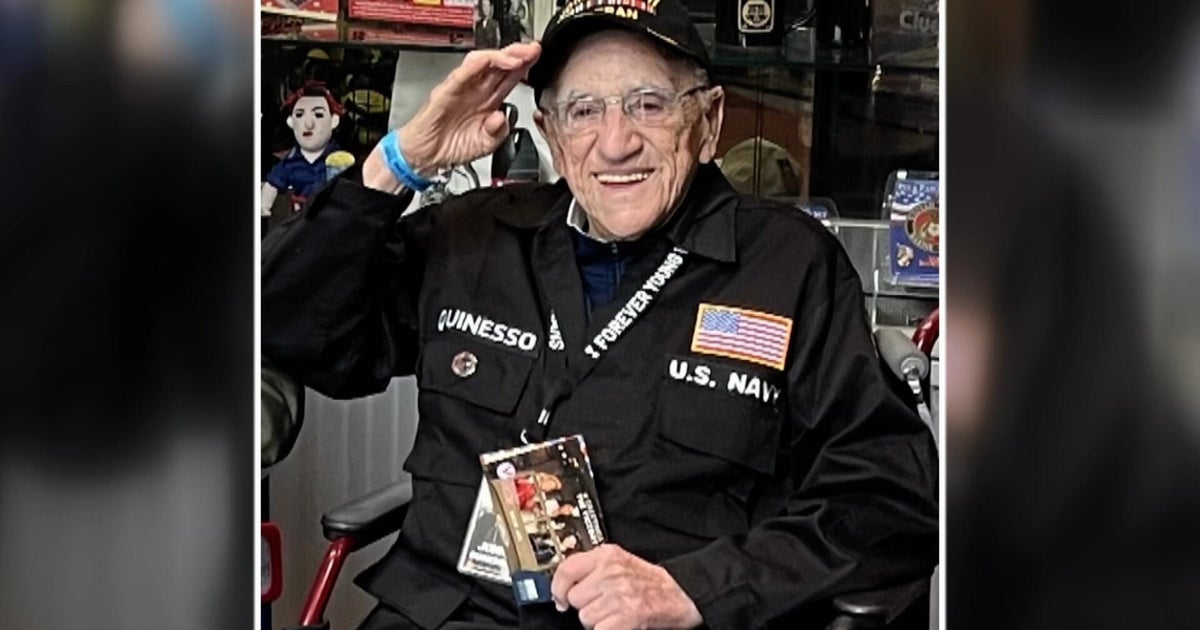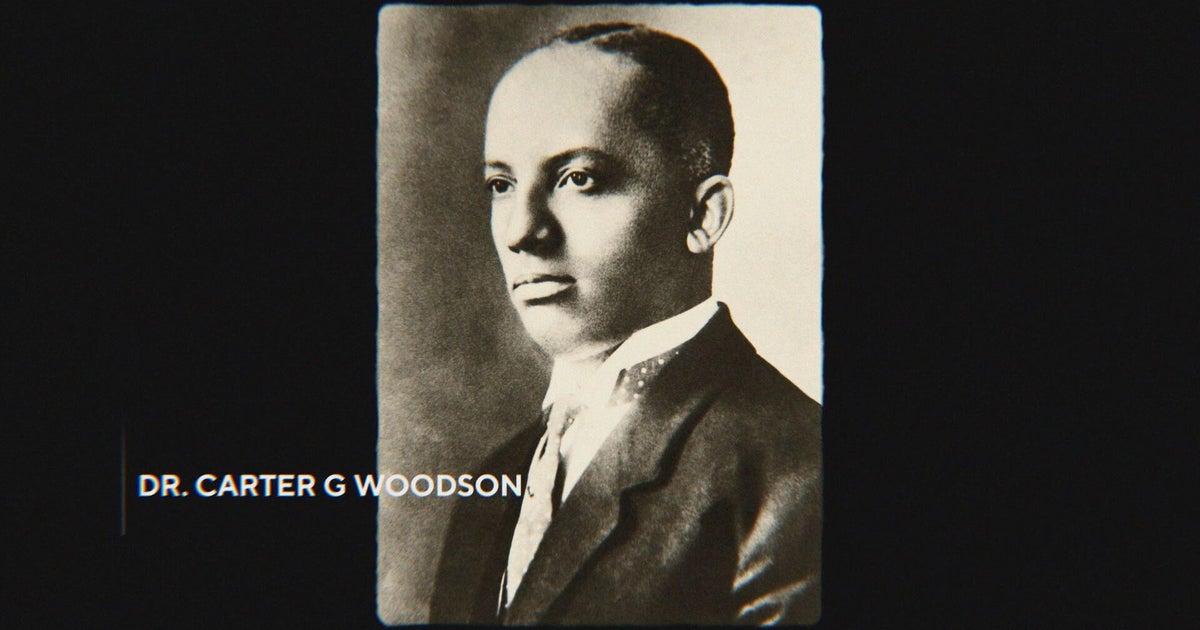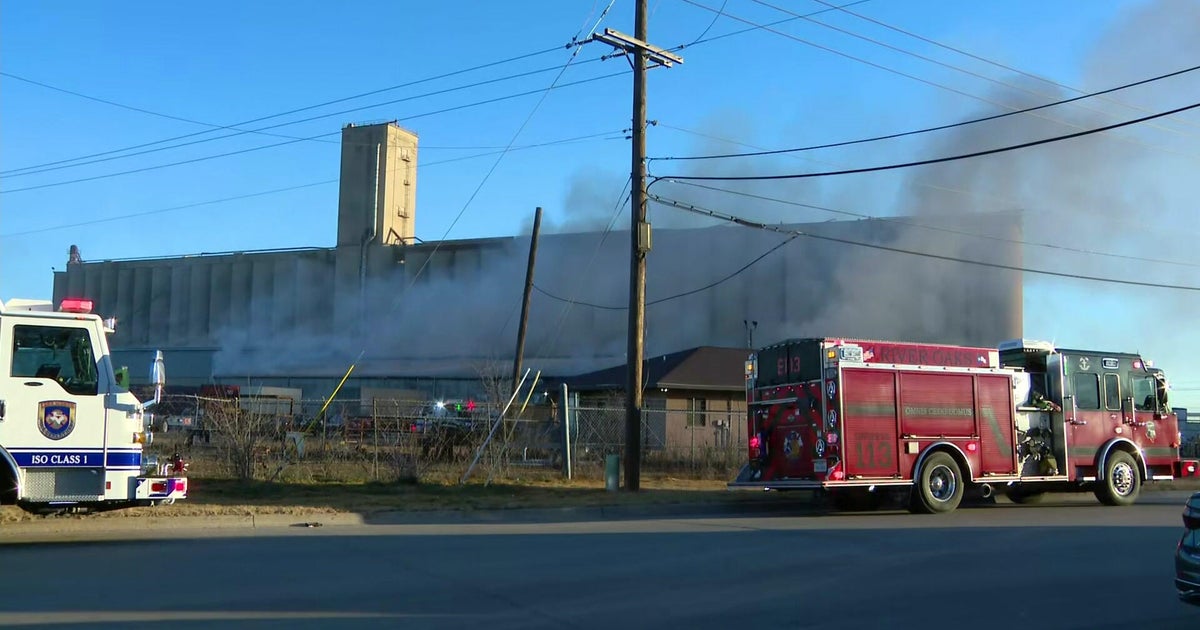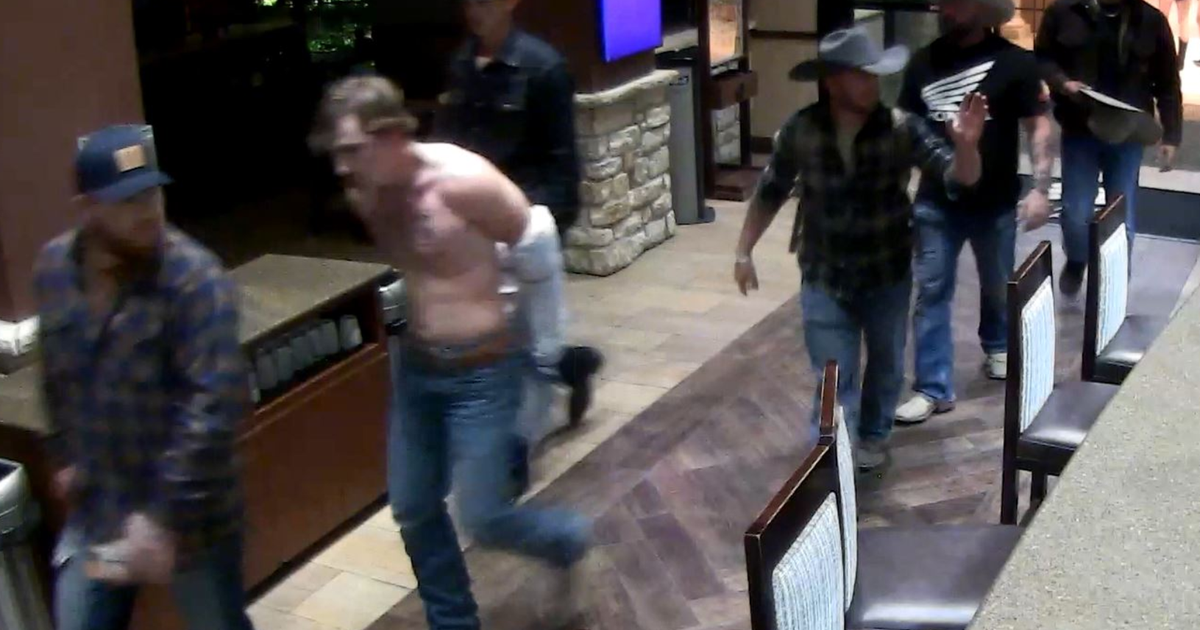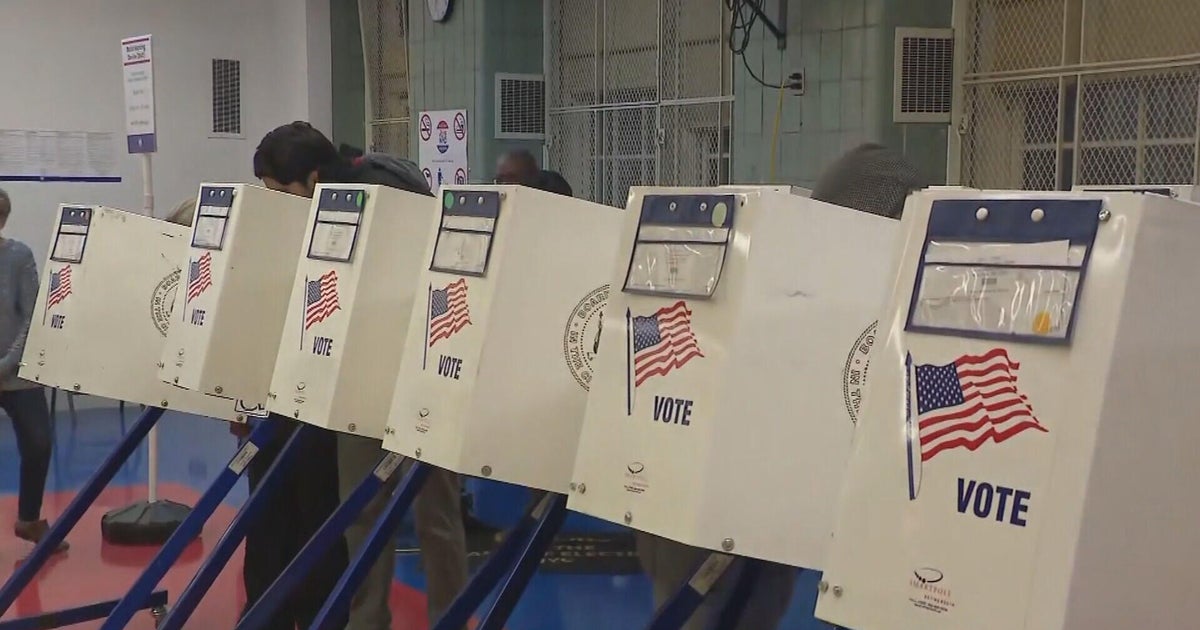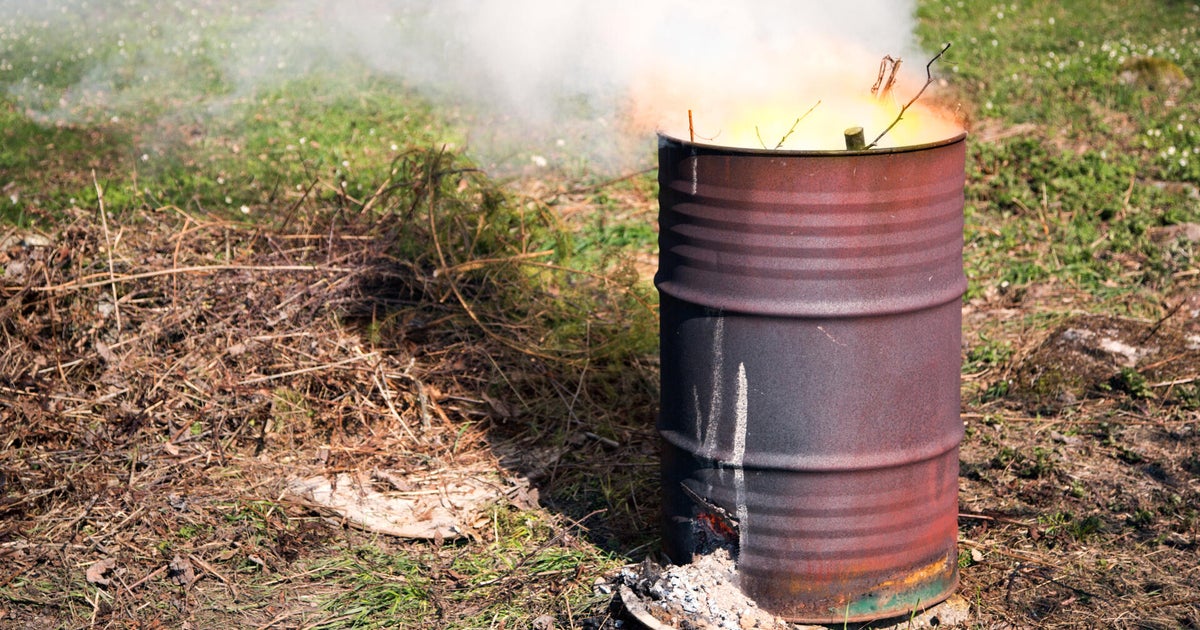Fort Sumter: Somber 150th Anniversary Of Civil War
CHARLESTON, S.C. (AP) -- Booming cannons, plaintive period music and hushed crowds ushered in the 150th anniversary of America's bloodiest war on Tuesday, a commemoration that continues to underscore a racial divide that had plagued the nation since before the Civil War.
The events marked the 150th anniversary of the Confederate bombardment of Union-held Fort Sumter in Charleston Harbor, an engagement that plunged the nation into four years of war at a cost of more than 600,000 lives.
Several hundred people gathered on Charleston's Battery in the pre-dawn darkness, much as Charleston residents gathered 150 years ago to view the bombardment of April 12, 1861.
About 4 a.m., a single beam of light reached skyward from the stone works of Fort Sumter. About a half hour later, about the time the first shots were fired, a second beam glowed, signifying a nation torn in two.
Nearby, a brass ensemble played a concert entitled "When Jesus Wept" as hundreds listened, some in folding chairs, others standing.
Fifty years ago during the centennial of the Civil War, there was a celebratory mood. But on Tuesday, the 150th anniversary events were muted. Even the applause seemed subdued.
Of about 1,200 people attending two main commemorative events, only a handful were black. One man whose Confederate ancestor is credited with firing the first shot of the war acknowledged his family legacy as a "mixed blessing."
"I think it signifies the mood of the nation. I think we're much more sensitive to other people and the diversity in this country," said Linda Marshall, a 58-year-old registered nurse from Charleston as she waited for the second beam of light as dawn creeped up.
A little over two hours later, as a red sun rose on James Island across the harbor, Confederate re-enactors fired an authentic 1847 seacoast mortar, signaling about 30 other cannons ringing the harbor.
Those cannons quickly thumped and smoke rose in a re-enactment of the Sumter bombardment.
In a dispatch to The Associated Press in 1861, an unnamed correspondent observed the fort's parapets crumbling under the pounding of artillery. He wrote of gun emplacements being "shot away" and shells falling "thick and fast."
"The ball has opened. War is inaugurated ... Fort Sumter has returned the fire and brisk cannonading has been kept up," the dispatch said.
Sumter fell after a 34-hour bombardment.
One of those on hand on James Island was John Hugh Farley of Roswell, Ga. Many historians credit Farley's ancestor, Lt. Henry Farley, as firing the first shot at Sumter.
"It's a real big honor. We are very proud of our family," said Farley, who had two other ancestors fight for the South. "It certainly is a mixed blessing because it's bringing back a memory from way back but it also helps us to look at history and learn from history."
Later in the morning, Danny Lucas, 53 and black, was walking out after visiting Charleston's Old Slave Mart Museum, where the history of Charleston's role as an urban slave trading center is recounted.
"I have no problem with the Civil War being honored as long as it is inclusive," said Lucas, a Ridgeland, S.C. resident. "I don't think whites should be so defensive and I don't think blacks should feel they are unwelcome to these kinds of things. I think it will fade over time."
Lucas does think last December's secession ball in Charleston, during which South Carolina's leaving the Union was commemorated, may have soured some blacks on the 150th events.
"The secession ball discouraged them because in their minds, they saw the ball as a celebration," he said. With other events they may decide "I'm not going to go because there will be a whole lot of rebel yelling and carrying on."
"In this moment of remembrance, let us all do the tough truth telling necessary for our nation to finally heal from the sins of slavery and fratricide," said Benjamin Todd Jealous, the president and chief executive officer of the National Association for the Advancement of Colored People in a statement released by the civil rights group.
"Commemorative events must neither ignore slavery as the principal cause of the Civil War, nor romanticize those who fought to keep African Americans in slavery," he said. "This is a time for the nation to reflect and repent, not ignore - let alone celebrate - the atrocities that tore our country apart."
State Sen. Glenn McConnell, president pro tempore of the South Carolina Senate and a Civil War re-enactor, told the audience of about 700 on James Island that the effects of the war are still being felt.
"The War Between the States triggered generations of disputes and controversies between regions, races and cultures," he said.
"Why was the war fought? Was it about slavery or states' rights? What does the Confederate battle flag stand for? Is it a symbol of bigotry or a memorial to the valor of fallen soldiers," he asked about 700 people gathered at a ceremony commemorating the first shots of the war. "Many of the emotional issues still rage."
He said the South has moved on and "the time has come to move beyond the petty disputes of the past."
Later a black Union re-enactor representing a soldier from the 54th Massachusetts, the company of black troops that fought at Battery Wagner on Charleston Harbor in 1863 in an attack memorialized in the movie "Glory," threw a wreath into the water and saluted.
Then seven re-enactors in Confederate gray fired a 21-gun salute in memory of all who died on South Carolina soil. Two buglers then echoed "Taps."
As the event broke up, a small group of Confederate re-enactors in the back of the crowd took up singing "Dixie," although only a handful joined them and not very enthusiastically.
(Copyright 2011 by The Associated Press. All Rights Reserved.)
